One weird thing I’ve been doing
(don't worry, it doesn't involve eating acai or a discount code to an eye cream)
It’s about a year since I canoed down the Upper Missouri River.
I did it with a bunch of writers. In between paddles, our conversations drifted towards rivers and land, being good ancestors, and could land or a river be an ancestor.
Good ancestors was the theme set by Chris La Tray, the leader of our group, shortly to be named the Poet Laureate of Montana. (He’s also just come out with a new book — more on that below.) We talked about ourselves and our families, we said goodbye to people we would miss terribly and also let go of some things we decided we no longer needed.
When I got back to Washington, DC, the first thing I did was to go to the Potomac and put my feet in and cry. All water is connected.
In the year that’s passed, and really revving up in April, I’ve purchased a new condo, renovated it, and moved in. It’s taken a lot of time and has kept me from writing here as much as I’d like to.
I still think about writing though and lately, as I’ve been walking around my new neighborhood, I’ve been picturing everyone, all my neighbors and everyone I pass, in tents and little camps as though we all lived on the bank of a river much as, one year ago, I camped with strangers along the bank of the Upper Missouri River.
I don’t know exactly why this shift of the imagination changes the landscape so profoundly for me, but it does.
In my current world in DC, it’s a summer evening, late but there’s still light out. The cicadas hum. The traffic has slowed.
I walk past a homeless man who has found shelter in the entranceway of the church on the corner. He’s silhouetted against the faint light streaming through the church’s glass doors. He’s sitting up in his sleeping bag and he’s got his back to me, looking down at the surface around him, probably to check that he has what he needs for the night and to ready himself for the next day. It’s a familiar gesture.
Walking in the city I usually feel ownership of my space in the street, and I enjoy watching people and knowing that I’m being watched. In city life, we constantly march in our own parades.
But when I think about living with my neighbors in camps on the bank of the river, the world shifts.
My new condo is in a busy area for restaurants and shops and hence also real estate so you might imagine that everything around me has been torn down or stripped on the inside, that it’s all glass boxes. It feels almost like an oversight but I’m in a condo building built in 1901 that still has a 1901 elevator that’ll take your finger off if you’re not paying attention. Across the street from the expensive real estate side of the street there’s also a whole row of well-maintained low income apartments.
People gather on the stoops of the low-income apartments more often than they do on the expensive side of the street — though they gather on the wealthier side too on nice nights to have a last drink, a smoke outside.
Whatever side of the street, it’s nice to see my campmates.
I walk past these stoop-gatherings and picture the last people lingering at the camp fires, the reddened light flickering on their faces. In my mind I’m back in Montana, coming from from the pit toilets to my tent. I’ve gotten ready for bed as best I can, having tried and mostly failed to clean my teeth using a travel toothbrush, a bottle of water, and some biodegradable toothpaste. The sun is almost gone from the mountains. I’m tired but clear headed.
The other people in camp might be strangers, but we’re all under the same sky. We nod and shrug to each other. It’s been a pretty long day, tomorrow comes early.
Maybe this is too romantic. I live with vast resources, the homeless man at the church down the street has almost nothing. Am I letting myself off too easily, imagining us as two campers under the same sky, sleeping as neighbors just as we might along a river?
Maybe so.
Still, it’s shifting something in me the way a river moves a pebble, slowly at first, just a quiver, then a shake. After a time, the pebble floats freely, scattering sand and leaving a hole that’s filled as the river reshapes, every so slightly, ever so softly.
I owe a profound thanks to Chris La Tray and the Freeflow Institute for the trip on the Upper Missouri and in the American Prairie reserve. I’m still on the journey that started with this stroke.
I’m thrilled that Chris has come out with his new book on his own journey, Becoming Little Shell: A Landless Indian’s Journey Home. (You can also grab a signed copy from the Fact and Fiction bookstore in Missoula, Montana.)
Chris will be coming to the east coast to give readings in September, and I can’t wait to see him at Kramers Bookstore on September 19th. (Sign up at Eventbrite to save a space.)
You know a book has got to be good if it starts with a map.
Thank you to all my patient subscribers. If you like what you’ve read, please do join us — I promise I’m not over-cluttering anyone’s inbox, especially now.
And please do share this or any of my posts with friends.




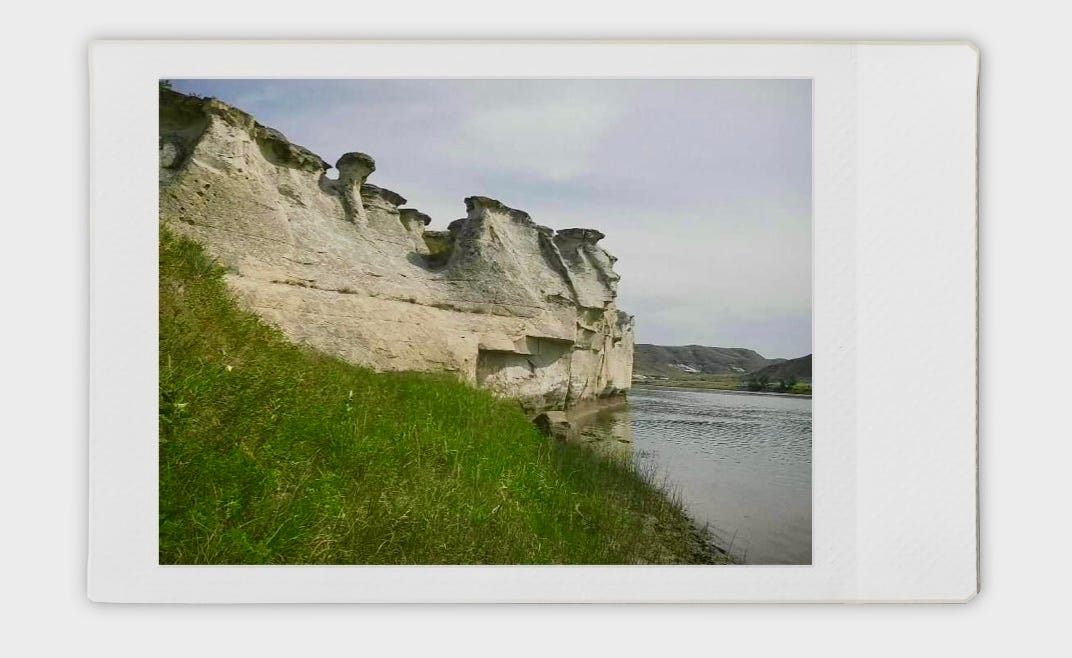
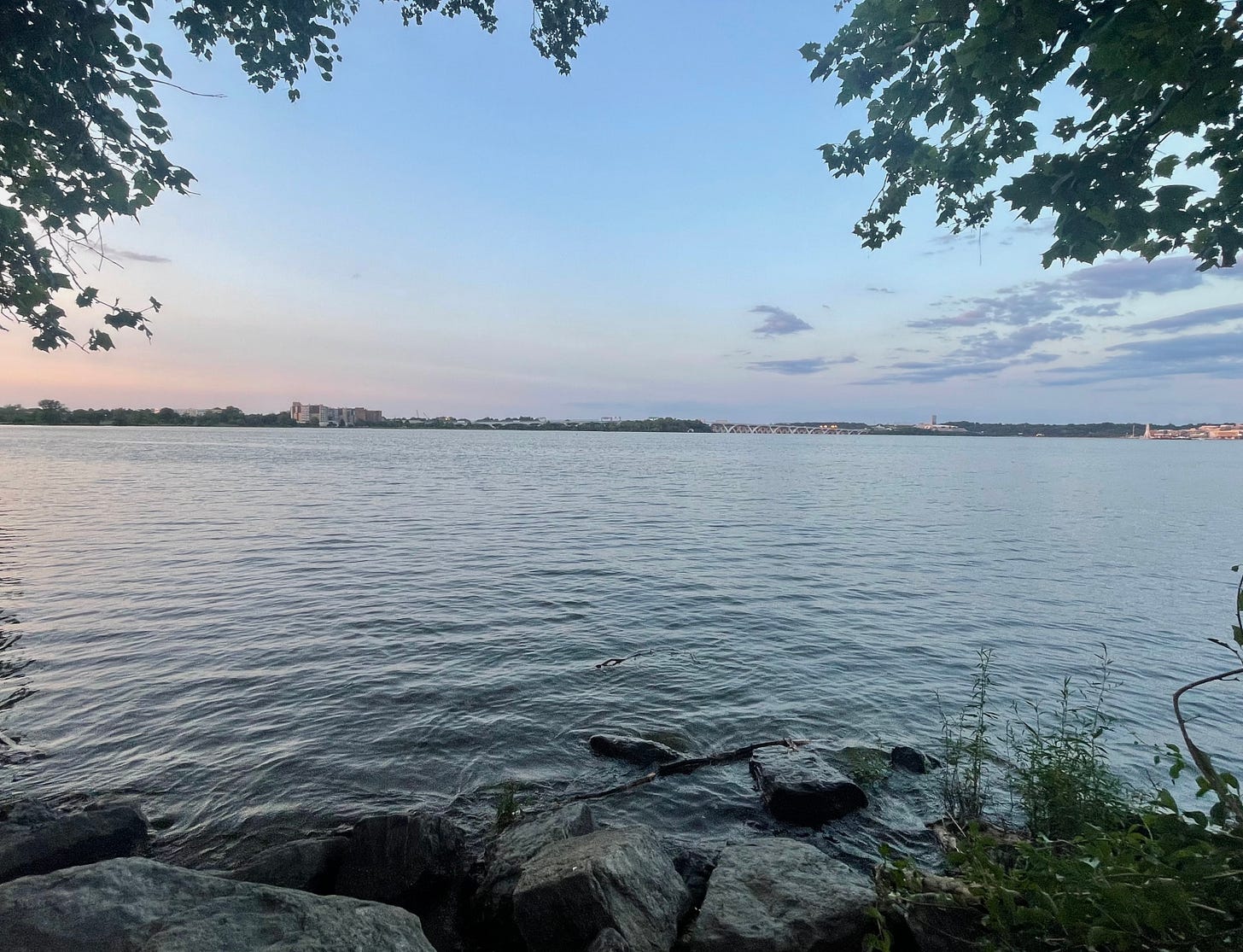
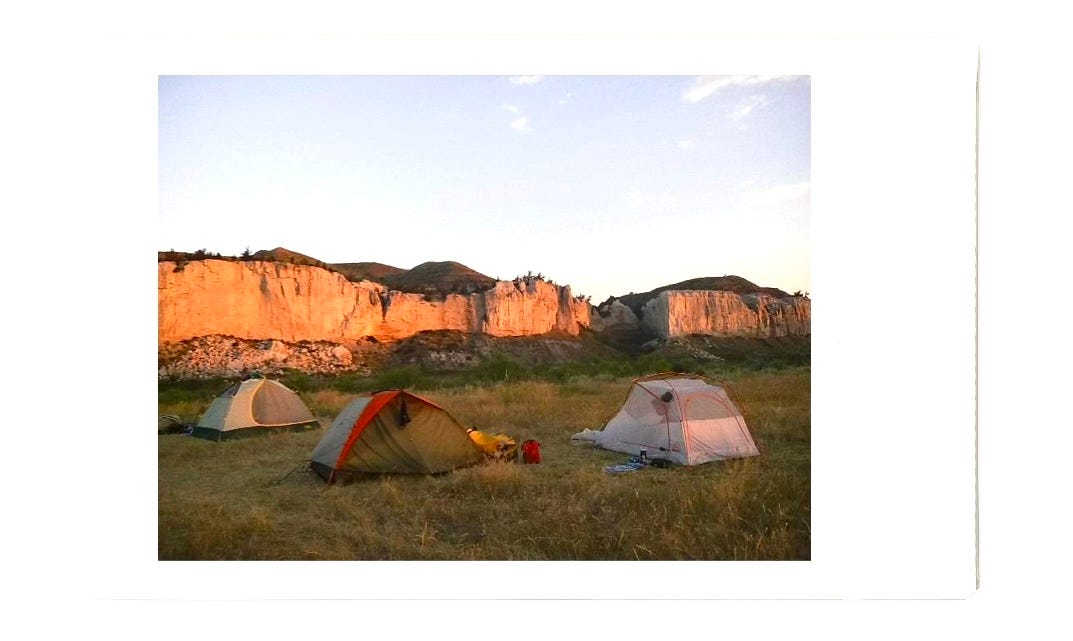
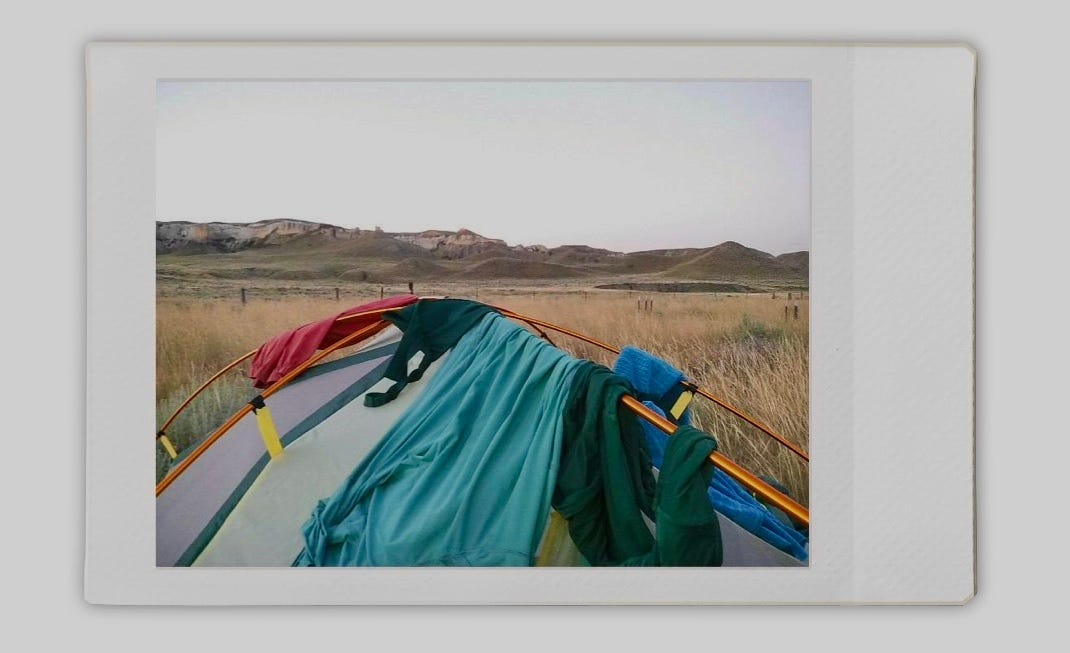
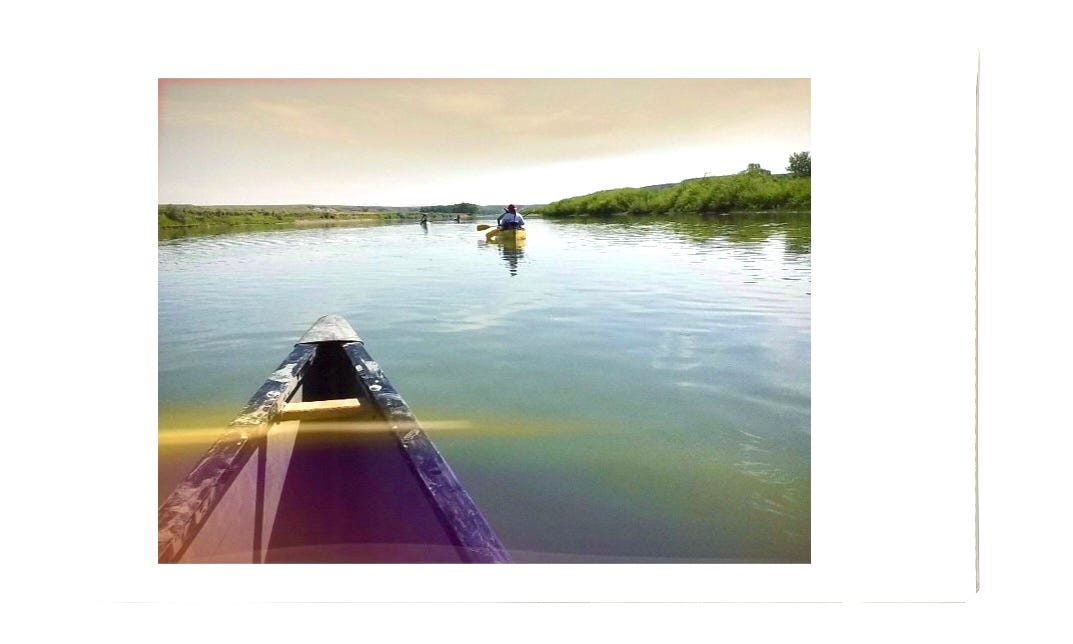

This was really moving to read. All water is connected--as indeed we all are and I don't think any parts of our imaginations that allow us to see that are letting ourselves off easy. 🧡
Thank you, Hannah. Reading this brought me right back to that intensely meaningful week on the Missouri. ❤️